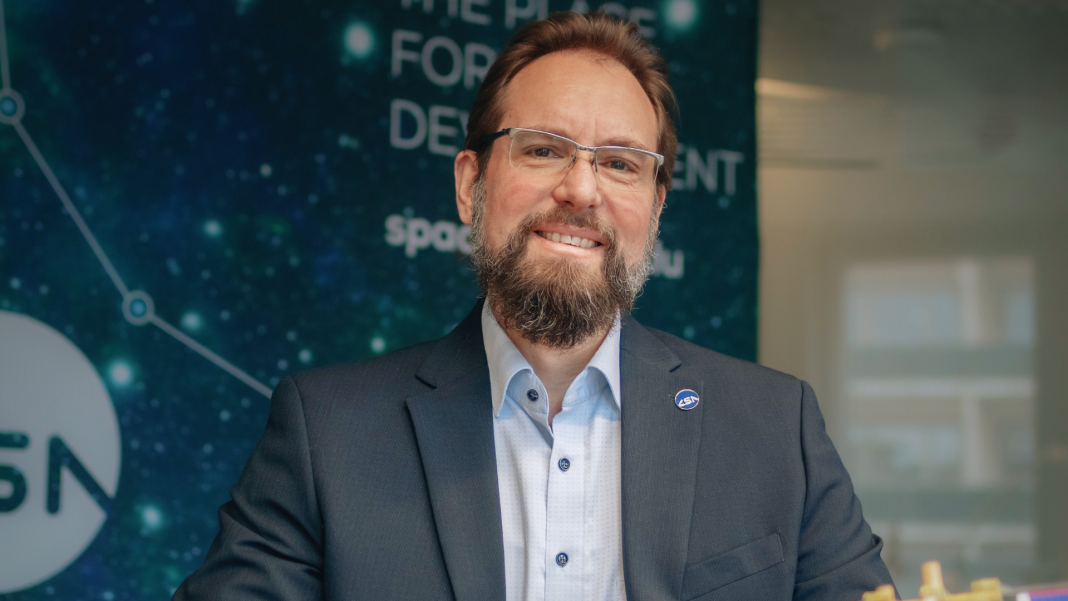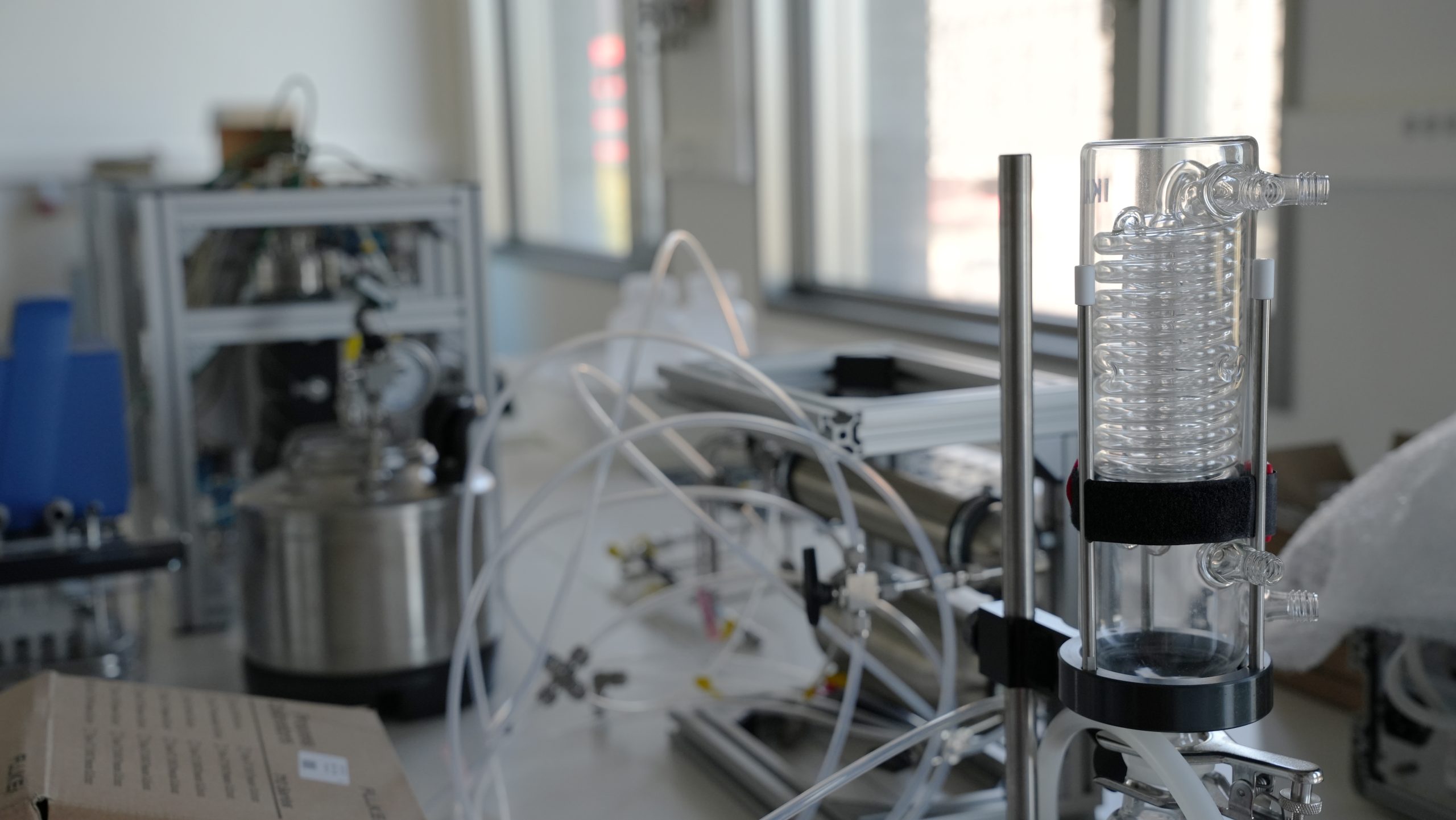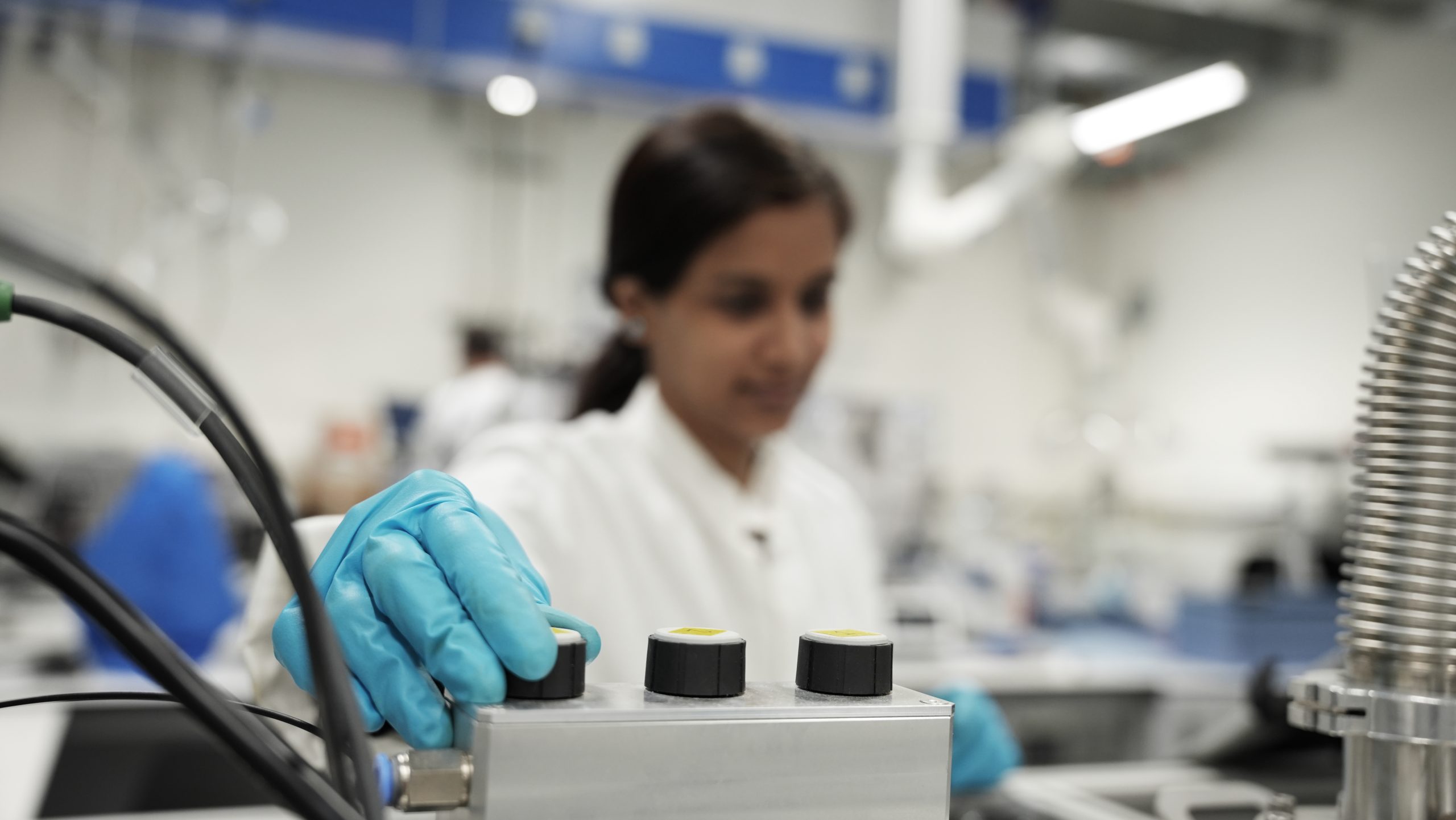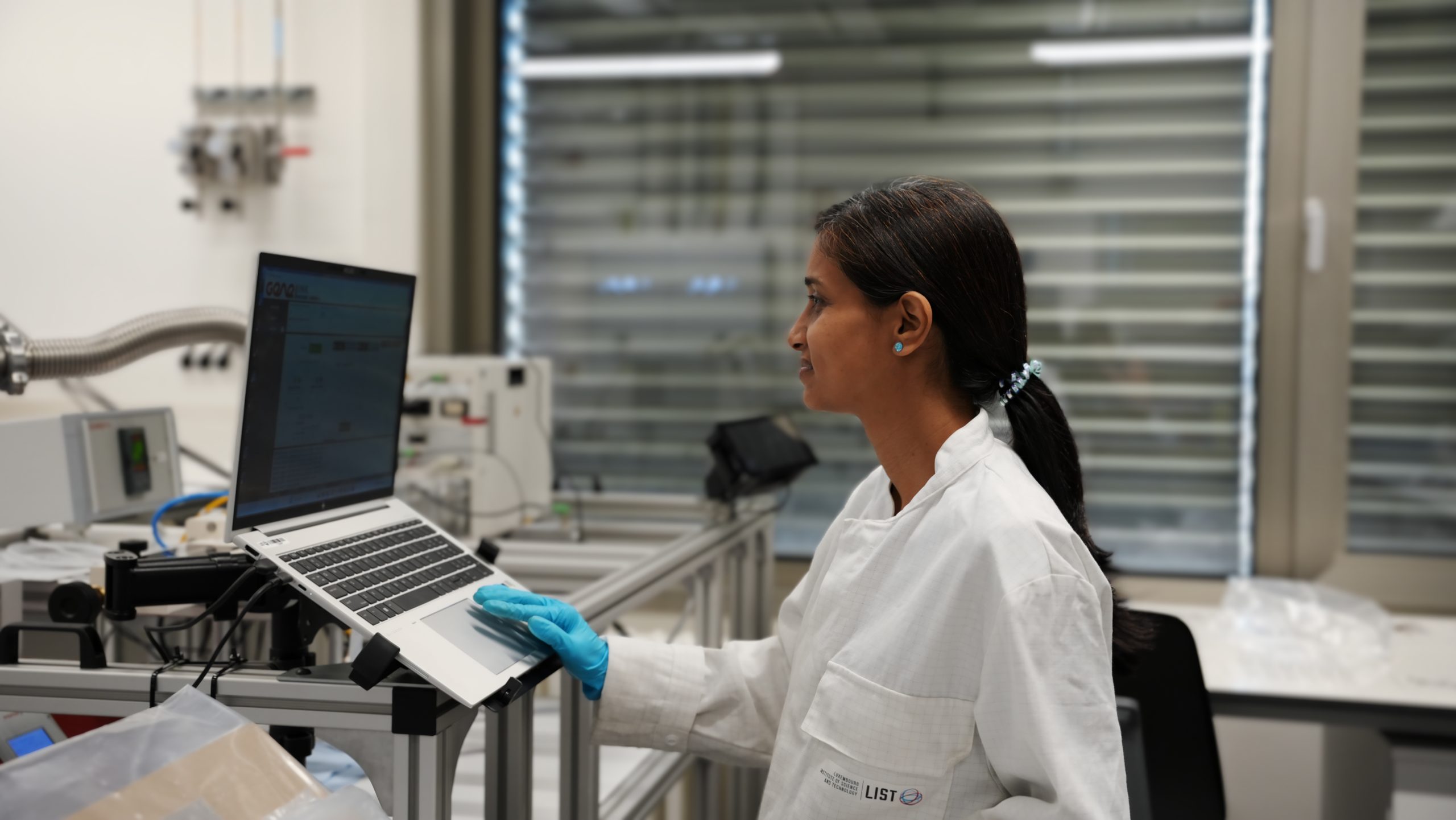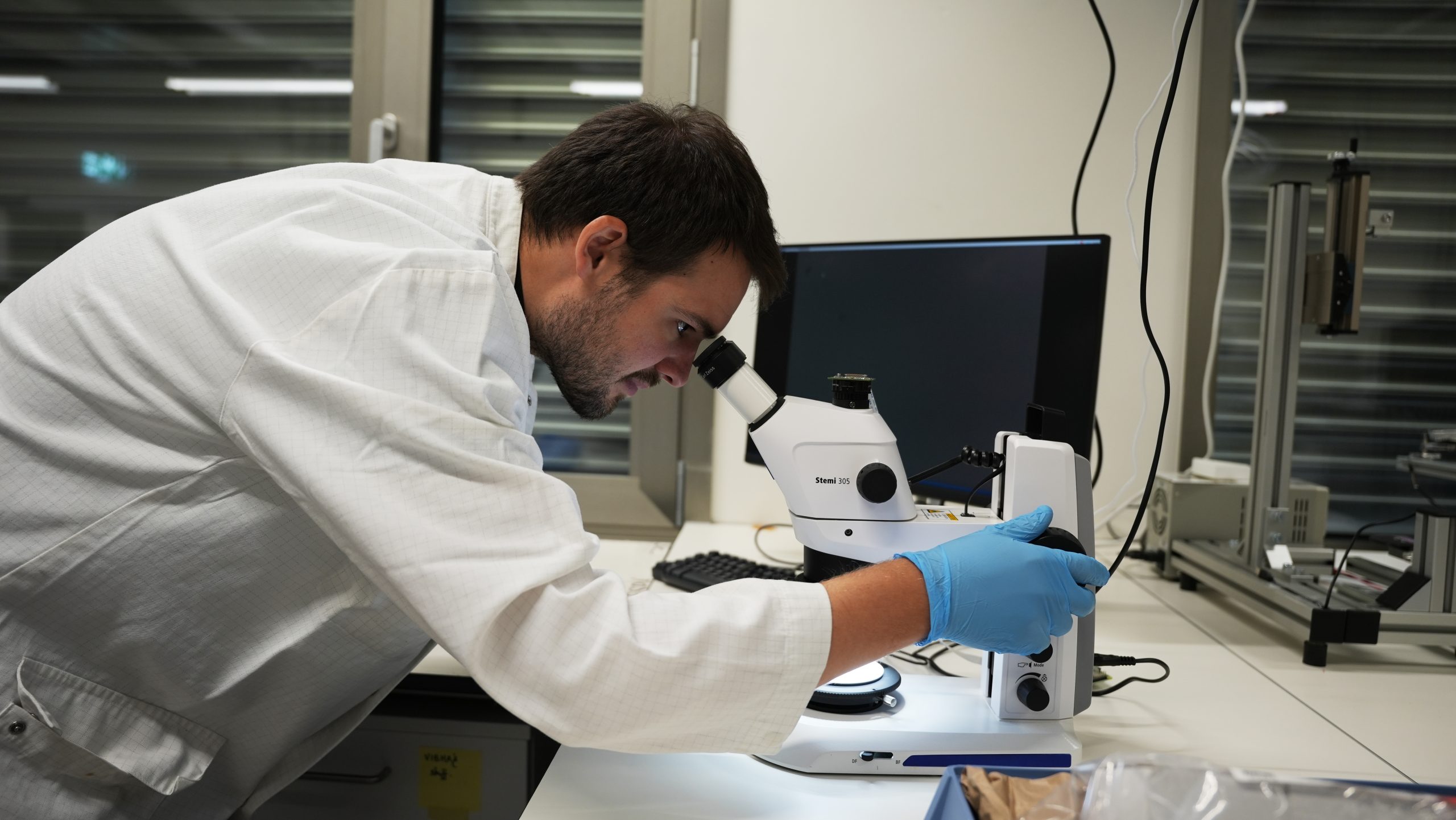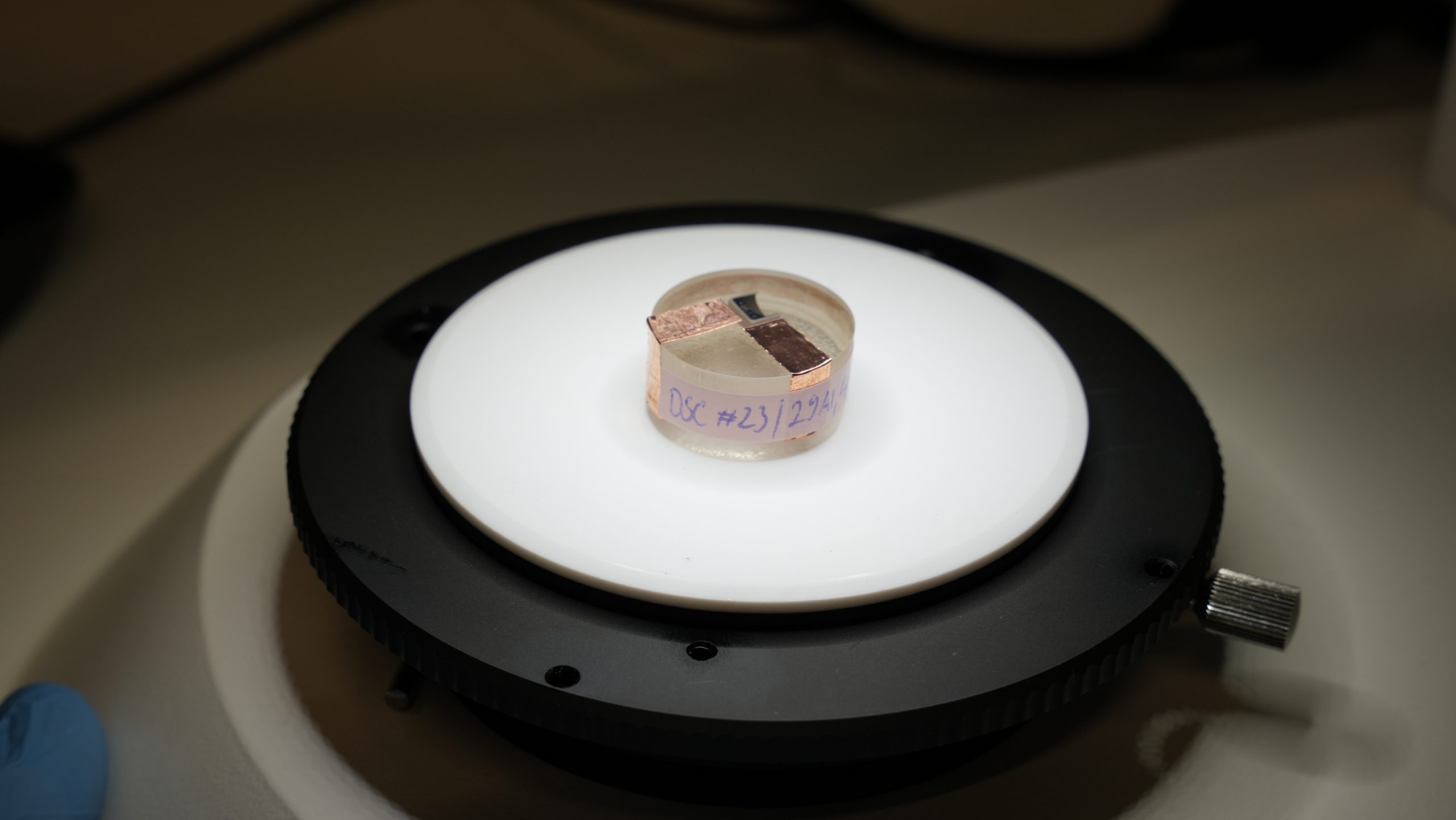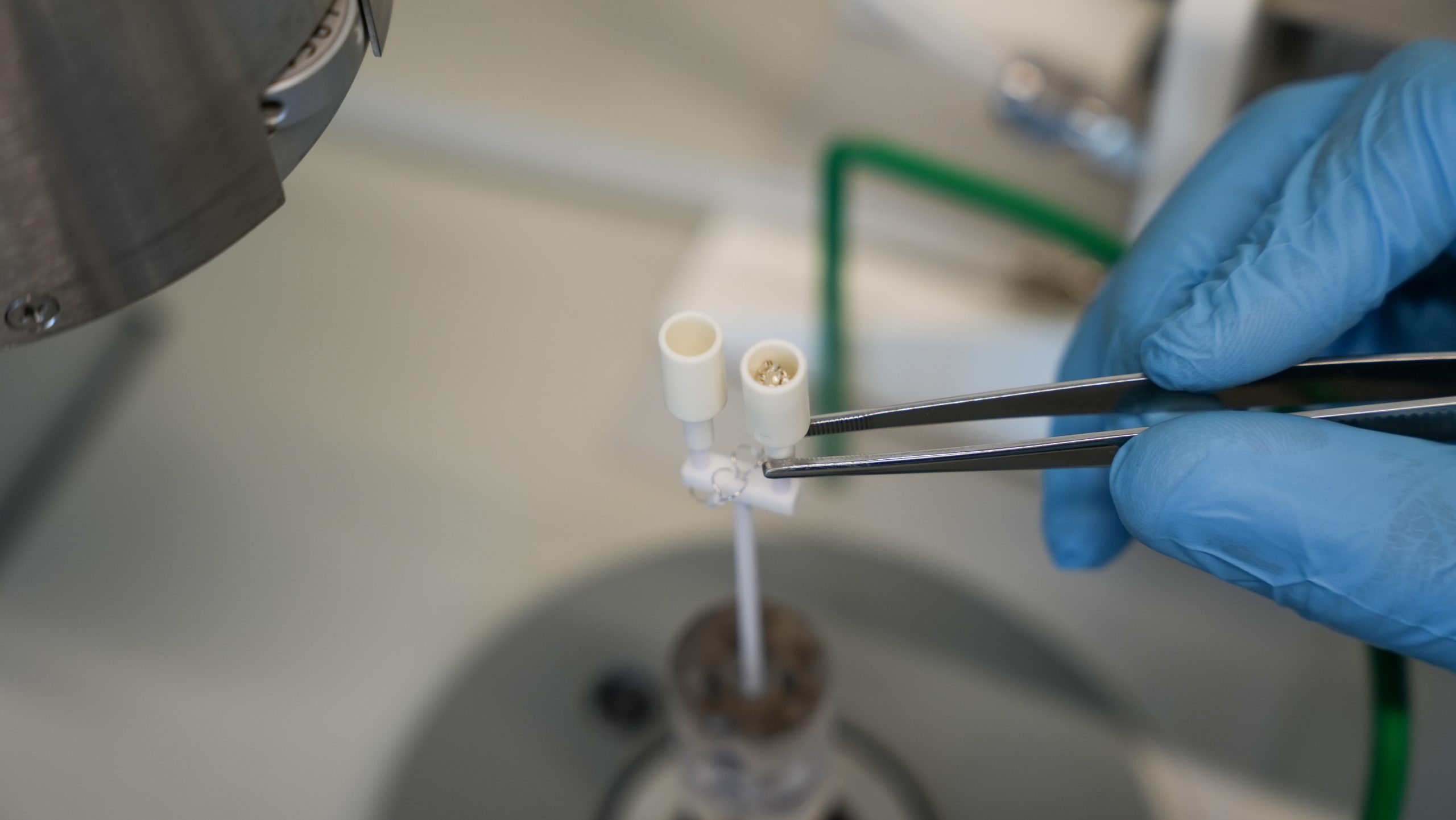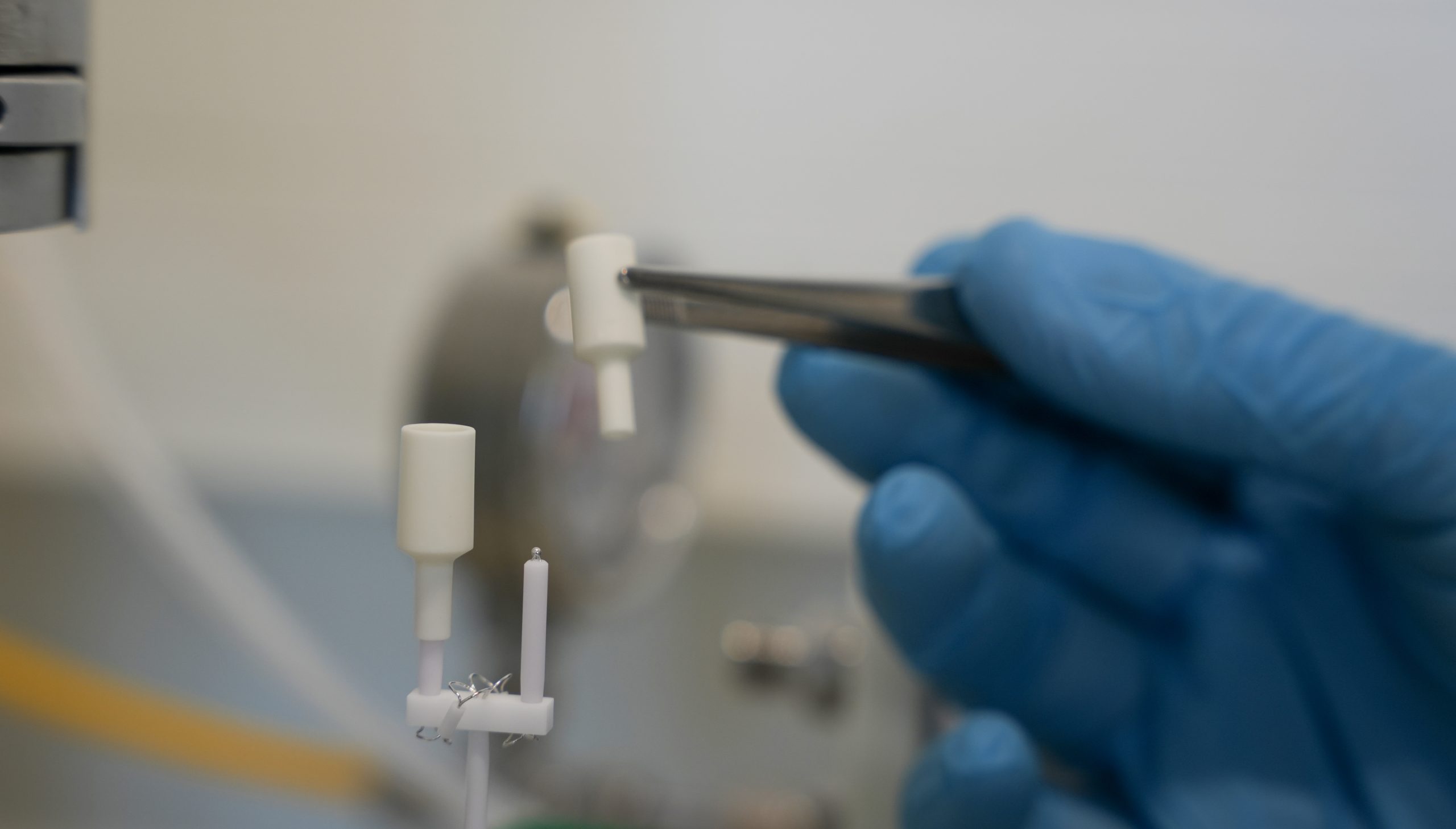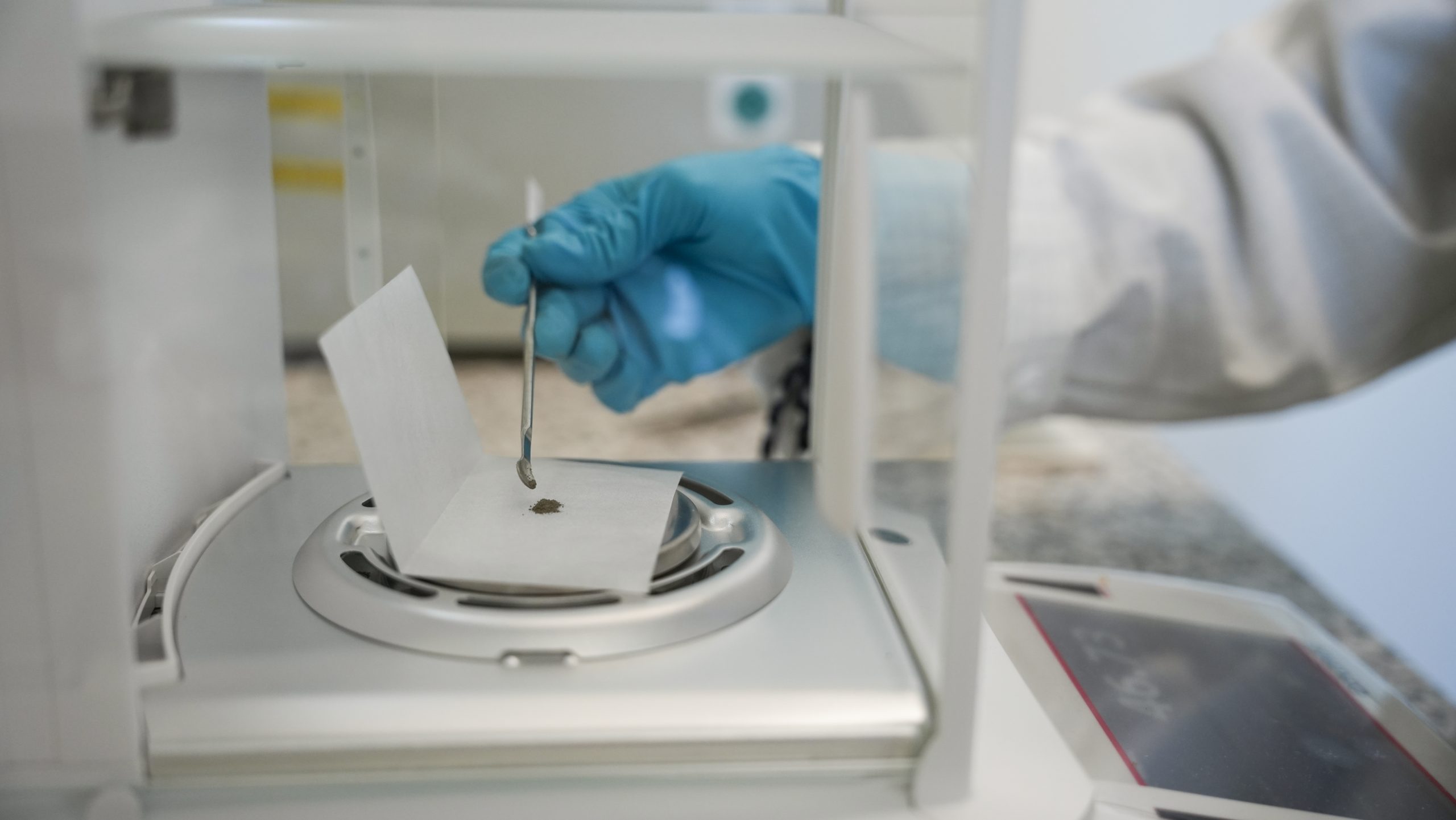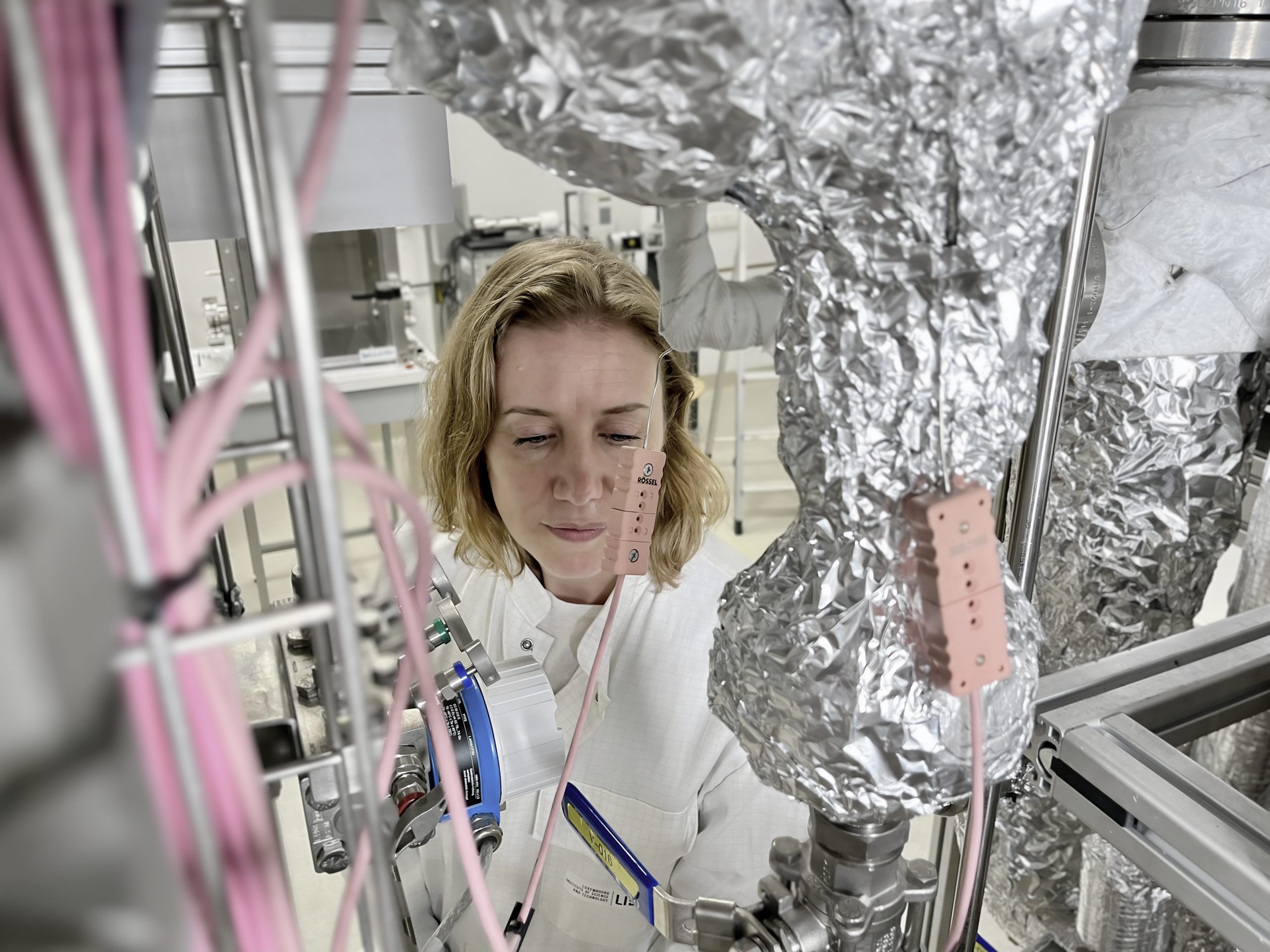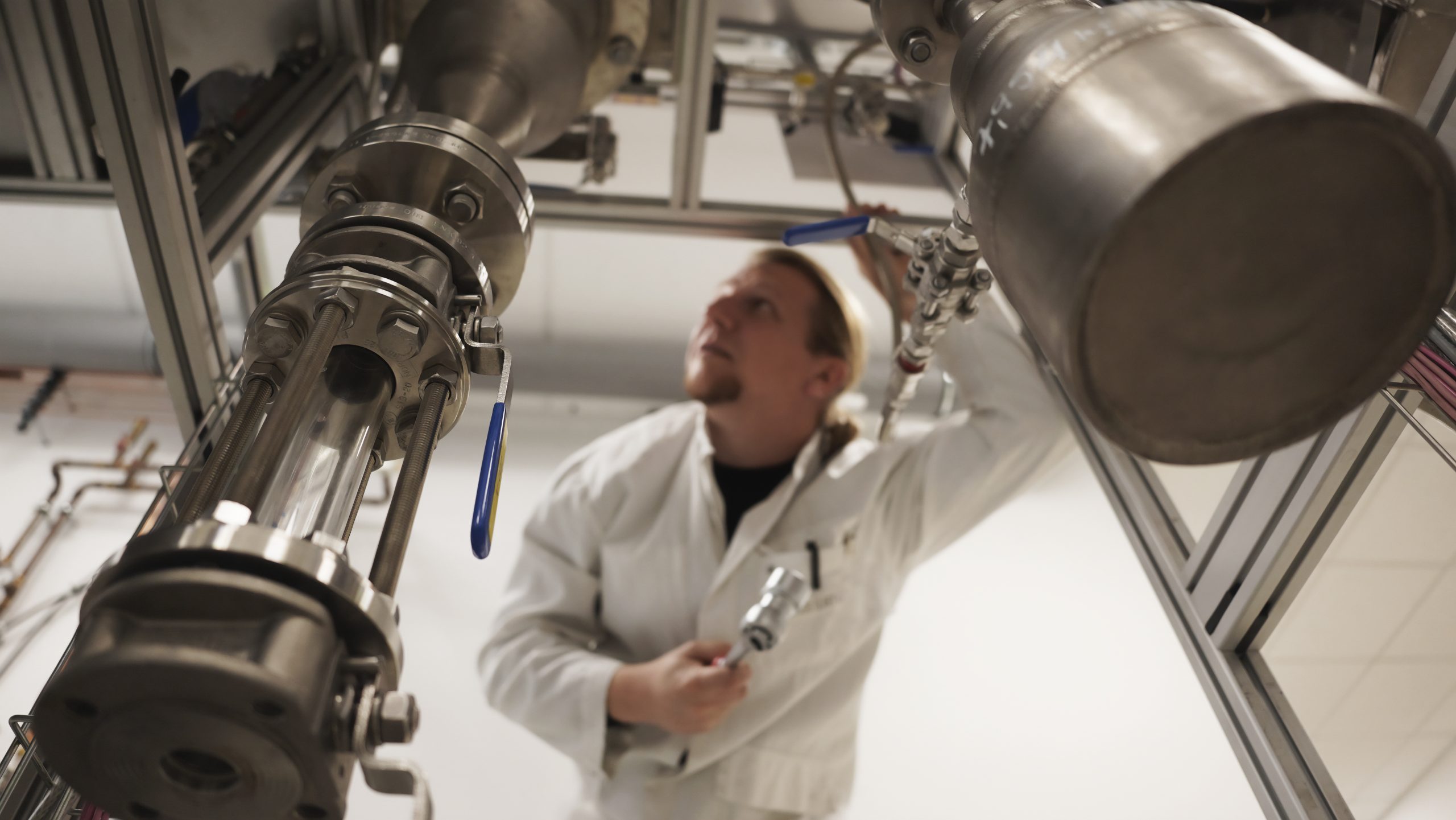Luxembourg is charting a bold, sustainable course in space. With legal innovation, strategic investment, and startup momentum, it’s shaping a space economy that protects both Earth and orbit.
In December 2022, the Luxembourg Space Agency (LSA) and economy ministry unveiled the 2023–2027 National Space Strategy1, a roadmap which aims to “continue the efforts made, as a major contributor to the sustainability of activities on Earth and by favouring a responsible approach to activities in Space”, and marks a major shift: sustainability has become the operational foundation of Luxembourg’s space ambitions.
“Since the space sector was already so involved in sustainable development, it was obvious to us to continue this development and put it at the heart of our strategy”, LSA CEO Marc Serres was quoted as saying in the Financial Times. Accompanying this shift is a substantial investment, €256m in funding, representing a 21.6 % increase over the previous term.
Legal certainty for a risky frontier
Luxembourg’s leadership extends into regulation as well as technology. After the launch of the SpaceResources.lu initiative in 2016, in 2017 Luxembourg became the first country in Europe and the second worldwide to grant private companies legal rights over extracted space resources, through the Law on the Exploration and Use of Space Resources. Then, on December 2020 15, Luxembourg enacted the Law on Space Activities, creating a mandatory authorisation and supervision mechanisms to manage risk and ensure compliance.
Concrete outcomes of this legal foundation include the creation of ESRIC, the European Space Resources Innovation Centre. Established in November 2020, ESRIC is a joint initiative of the European Space Agency (ESA), the Luxembourg Space Agency (LSA), and the Luxembourg Institute of Science and Technology (LIST). The center plays a central role in incubating startups and advancing research on in-situ resource utilisation (ISRU), with flagship projects such as ALCHEMIST, a prototype for extracting oxygen from lunar regolith. Legal clarity, in this case, isn’t just enabling research, it’s accelerating commercial readiness.
Sustainable startups
Luxembourg’s space ecosystem is today a vibrant network of startups, R&D labs, incubators, and multinational firms. By late 2023, the LSA reported approximately 70 private space companies employing around 1,400 professionals. While this differs slightly from government projections of 80 firms and 1,650 professionals by 2024, it reflects steady growth. These companies collectively represent about 2% of Luxembourg’s GDP, with plans to double that to 4% by 2027.
Luxembourg’s space ecosystem is today a vibrant network of startups, R&D labs, incubators, and multinational firms.
At the heart of Luxembourg’s ecosystem is its alignment with sustainability. Hydrosat, for instance, uses thermal satellite imagery through its IrriWatch platform to boost crop yields, conserve water, and monitor drought. The platform reportedly improves agricultural productivity by over 50%, and in June 2024, it launched VanZyl‑1, the first high-resolution thermal imaging satellite in its constellation. Such applications show how space technologies can directly support terrestrial sustainability.
NorthStar Earth & Space, which relocated its global headquarters to Luxembourg, specialises in space situational awareness. Its services allow for the real-time tracking of satellites and Debris Across Low Earth orbit (LEO), Medium Earth orbit (MEO), and Geostationary Orbit (GEO). In an era when orbital crowding poses a risk to satellite constellations and human missions alike, NorthStar’s platform provides critical tools for collision avoidance and operational planning.

Exobiosphere, a startup founded in 2024 and incubated at ESRIC, brings biomedical research into orbit. Its Orbital High‑Throughput Screener harnesses the unique environment of microgravity to accelerate drug discovery and test biotechnological materials. The initiative is supported by the Luxembourg Space Agency and positions space not only as an economic frontier but also as a platform for improving life on Earth.
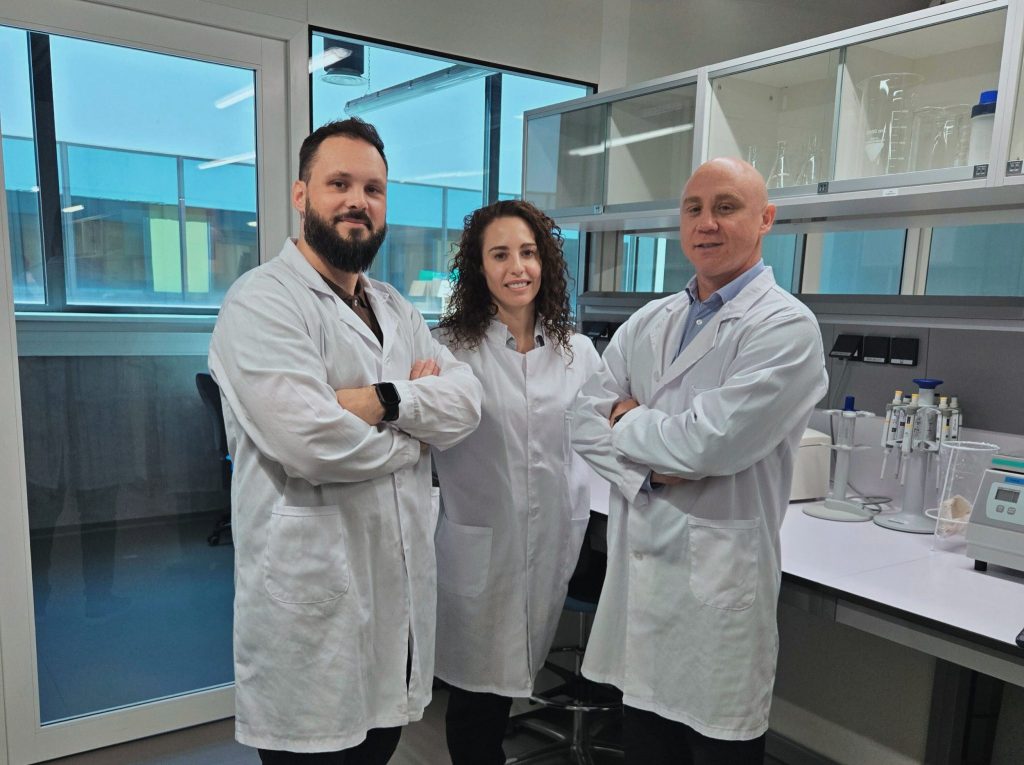
Meanwhile, ClearSpace, developed with ESA and national support, is designing robotic missions to remove orbital debris. Its robotic arm technology aims to intercept and deorbit inactive satellites, preventing potential collisions. ClearSpace’s innovations also support a circular economy in space by potentially enabling satellite servicing and life-extension missions. This transition from single-use to reusability mirrors broader environmental shifts on Earth.
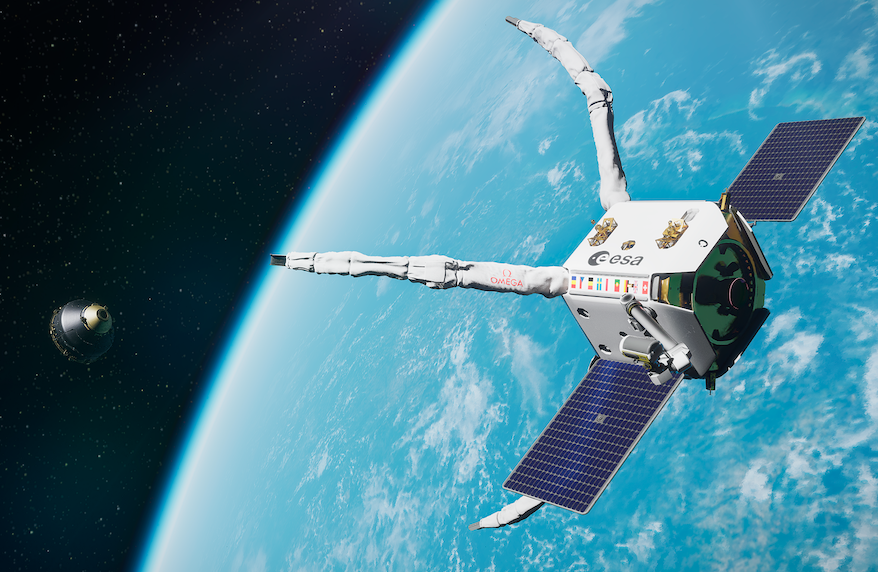
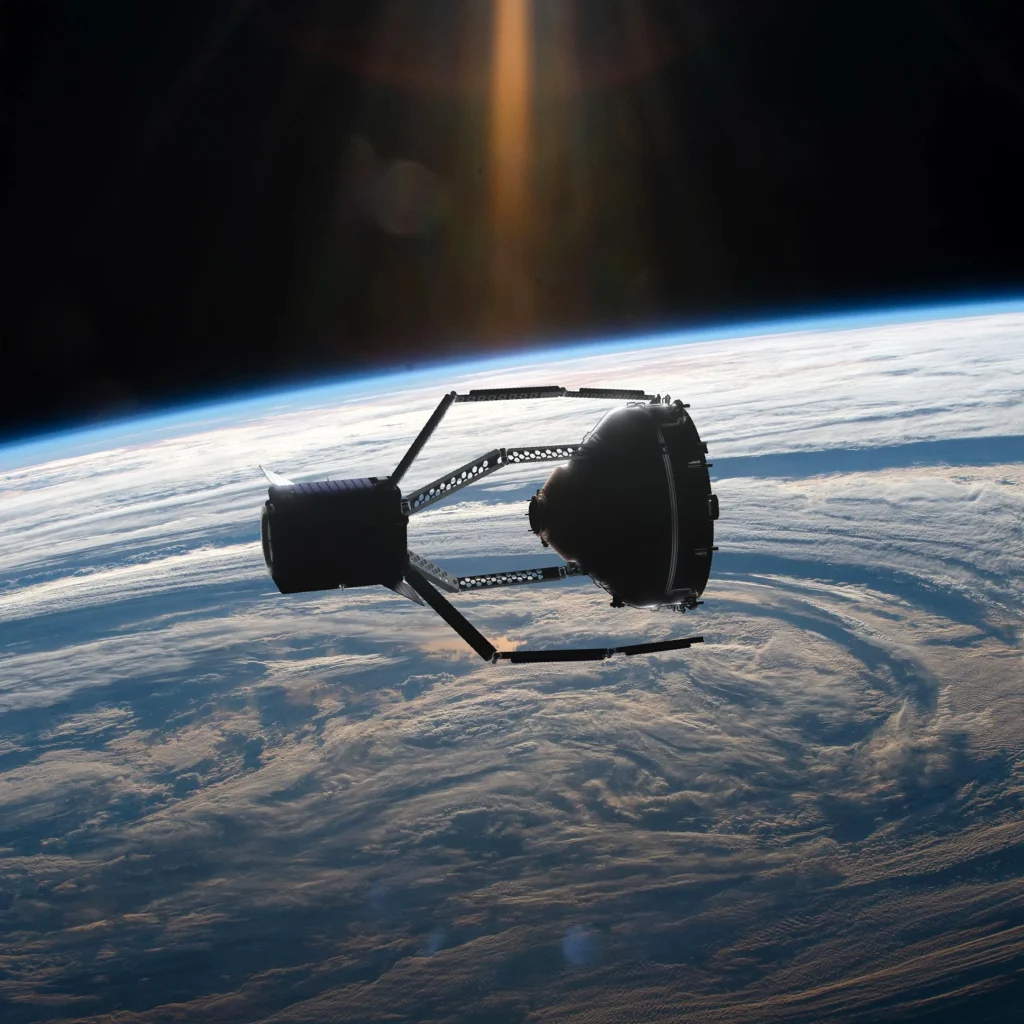
International collaborations
Luxembourg was among the first nations to sign the Artemis Accords, a set of principles for responsible space exploration spearheaded by NASA and the US government. Luxembourg also maintains bilateral space cooperation agreements with countries including the United States, Japan, the United Arab Emirates, and Portugal. In 2024, ESA signed a five-year memorandum with the Luxembourg government to expand collaboration on space resources and planetary ISRU missions, formally integrating ESRIC into European roadmaps.
The academic and research base is growing just as fast. The University of Luxembourg has launched several specialised degree programmes reflecting the strategy, including a Master in Space Communication and Media Law, and a Master in Space Technologies and Business. These programmes, designed in collaboration with LSA and ESA, train a new generation of space professionals skilled in regulation, economics, and engineering. Together with institutes like LIST and Interdisciplinary Centre for Security, Reliability and Trust (SnT), these initiatives contribute to a research-led model that balances ambition with expertise.
Balancing ambition with reality
Luxembourg acknowledges that sustainable space activity remains an ongoing challenge. Rocket launches still emit CO₂ and soot, while satellite mega-constellations risk overcrowding orbital lanes. Technologies such as in-situ resource utilisation (ISRU) are promising but remain technically immature and capital-intensive. Even efforts like ClearSpace’s robotic de-orbiting missions must contend with high costs and technical uncertainty.
Yet, Luxembourg’s model presents a viable pathway. By embedding sustainability into regulation, investment strategy, international diplomacy, and education, the country has built a system where commercial ambition aligns with planetary and orbital stewardship.
Luxembourg’s experience offers lessons for other nations seeking to balance space innovation with environmental responsibility.
Moreover, Luxembourg’s experience offers lessons for other nations seeking to balance space innovation with environmental responsibility. Its legal framework, early investments in space resources, and emphasis on public-private collaboration create a blueprint for how smaller nations can lead in specialized areas of the global space economy.
From legal clarity on space resources to startup-driven orbital sustainability, Luxembourg has laid the groundwork for a space sector that doesn’t just reach for the stars but also safeguards the Earth, and its orbits, in the process. Through a combination of regulatory foresight, targeted funding, international partnerships, and entrepreneurial dynamism, Luxembourg is not merely participating in the space race—it’s quietly redefining the rules.
Read more articles:
From Luxembourg To Belgium: The First Steps Towards A European Quantum Communication Network
Brasserie Nationale: Brewing Beer With A Conscience
Luxembourg’s Digital Gatekeeper: INCERT CEO On Cryptography, ESG, And Energy Risks

